School Searches and You
Description
This activity prompts students to reflect on invasions of their privacy and learn about their rights regarding school searches.
Learning tools include discussion questions, two Supreme Court of Canada decisions, oral interaction, and optional reinvestment and writing tasks. Students are asked to take a position on the court decisions.
Educational objectives
- To grasp the concept of privacy and invasion of privacy.
- To explain the basic principles and guidelines surrounding searches in school.
Subjects and subject-specific competencies
Culture and Citizenship in Québec - Secondary IV
Cultural Realities: Justice and the law – Legal and judicial institutions.
Compulsory specific concepts, and related topics and examples: Courts and legal recourse, charter of rights and freedoms.
- Competency 1: Studies cultural realities:
- Establishes the scope of the object of study:
- Calls on relevant concepts.
- Evaluates elements of knowledge:
- Determines the relevance of the information gathered.
- Analyses social relations:
- Characterizes relations between individuals, groups and institutions.
- Establishes the scope of the object of study:
- Competency 2: Reflects on ethical questions:
- Engages in dialogue:
- Uses methods to support own ideas.
- Engages in dialogue:
English Language Arts:
- Reads and listens to written, spoken and media texts
- Working With Information
- Justifies her/his interpretation(s) of texts on the basis
Broad areas of learning
- Media literacy: Intellectual property, freedom of expression, privacy and reputation
- Citizenship and community life: Awareness of the importance of the rules of social conduct and democratic institutions
Cross-curricular competencies
- To exercise critical judgment: To form an opinion, to qualify his/her judgment, to express his/her judgment
- To communicate appropriately
Suggested duration:
2 ½ to 4 periods
Related content
Legal sources
-
Supreme Court decision: R. v. M. (M.R.)
-
Supreme Court decision: R. v. A.M.




